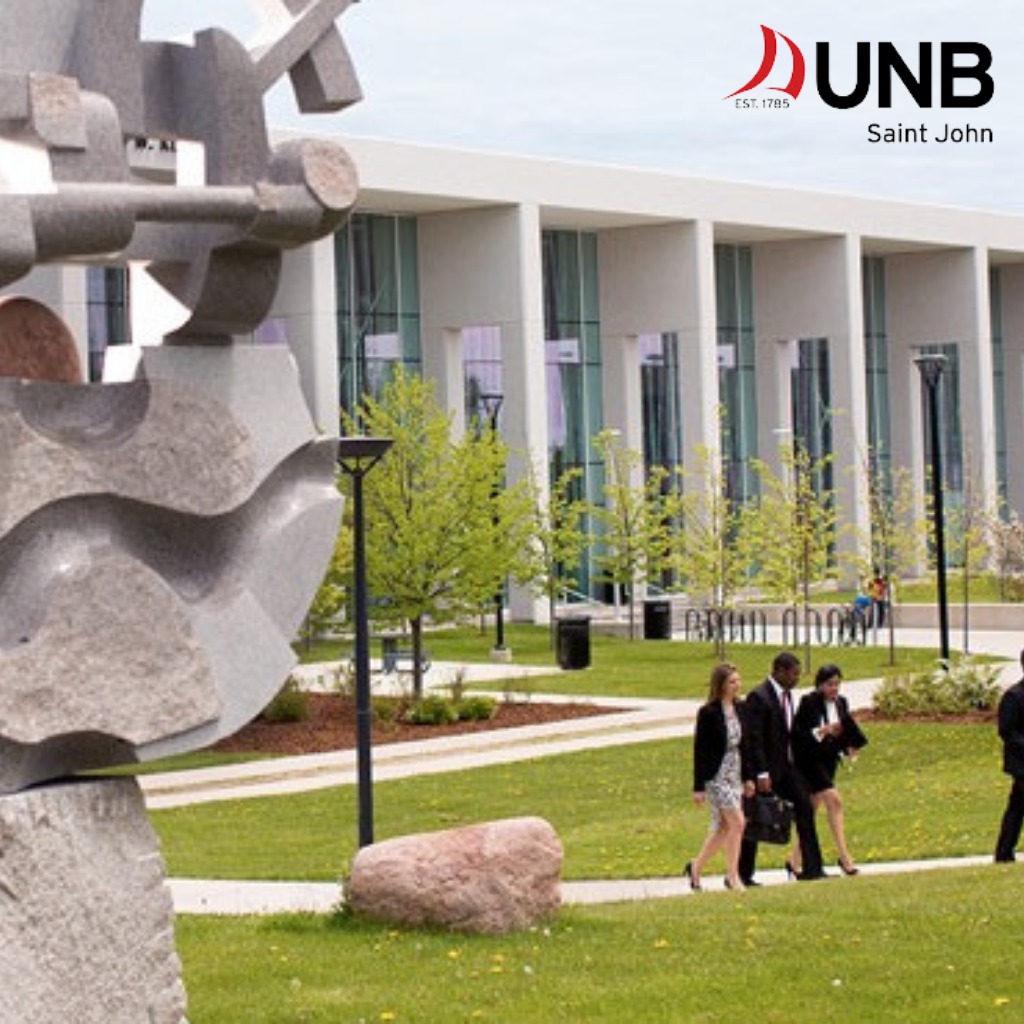
Canada is a unique location for Indian students who seeks an international education since it provides a seamless fusion of academic achievement and multicultural experiences. Through specialized visas and immigration policies, the Canadian government has demonstrated its dedication to making it easier for Indian students to study there. By comprehending the specifics of these programs, you’ll be well-equipped to start your educational journey, integrate into Canadian living, and pave the way to a bright future that unites two countries and cultures.
Do you qualify to study in Canada? Answer our Questionnaire : Get Free Assessment
Student Direct Stream (SDS): Simplifying the Visa Process for Indian Students:
This program aims to expedite study permit applications for Indian students. It requires applicants to be legal residents of India or outside Canada and have an acceptance letter from a Designated Learning Institution (DLI). Proficiency in English or French (e.g., IELTS, TEF) is necessary. SDS offers faster processing times, a streamlined application process, and reduced errors and delays.
Study Permit: Gateway to Your Canadian Education:
A study permit is a document that allows you to study at a Designated Learning Institution (DLI) in Canada. It’s important to note that a study permit is not a visa; you may also need a temporary resident visa (TRV) or an electronic travel authorization (ETA) to enter Canada, depending on your country of residence.
Post-Graduation Work Permit (PGWP): Building Your Canadian Experience:
This work permit is issued to international students who have completed a study program in Canada lasting at least eight months. The validity of the PGWP is linked to the length of your study program, offering up to three years of work authorization, and providing an opportunity to gain Canadian work experience.
Co-op Work Permits: Fusing Learning and Work in Canada:
These permits allow international students to work off-campus as part of their academic programs, integrating work experience with their studies. Eligibility requires a full-time academic program leading to a degree, diploma, or certificate, with a mandatory co-op component.
Provincial Nominee Programs (PNPs): Pathways for Indian Students:
PNPs provide pathways to Canadian permanent residence tailored to specific provinces or territories’ economic and demographic needs. International graduates, including Indian students, are often eligible for PNPs, with some provinces having specific streams for international graduates. Valid job offers can enhance eligibility by demonstrating a commitment to the province’s economy.




